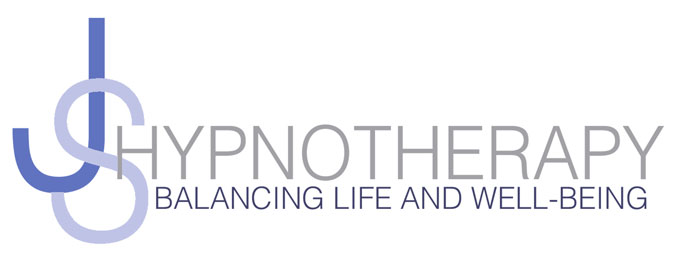Phobias
Many of us have a phobia. Here are just a few examples of types of phobias that we can develop…. eg Fear of Flying, Social phobias, open spaces, dogs, spiders … However, there are numerous phobias that we can develop, at any stage in our lives.
There are many many different phobias that we may develop in our life: Some of the more common ones include Fear of open places *- Agoraphobia; Fear of spiders- Arachnophobia; Fear of flying – Aviophobia; Fear of the Dentist – Dentophobia; fear of enclosed spaces – Claustrophobia. Telephone phobia, or telephonophobia, is also quite common but not often brought to our attention. For example, back in 1993 it was reported that 2.5 million people in the UK had telephonophia. The fear of using a telephone can have a huge impact on a person’s day to day life, within the modern society in which we live.
There are also wide range of less known phobias such as Fear of Feathers- Pteronophobia; Fear of vegetables – Lachanophobia; Fear of Clowns – Coulrophobia…. in fact, there are too many types of phobias to list here.
Did you know, we are born with only two fears – noise and heights? Therefore, if we are learn these other fears, we can also learn to release these fears – and this is where hypnotherapy can help.
The symptoms of a phobias are typically sweating, palpatations, racing heart , tense muscles, shortness of breath, butterflies-in-the stomach, and a strong, often over-whelming feeling of being “out of control”. Whilst these symptoms may not harm us, they can be very unpleasant to experience. For example, for someone with a fear of snakes – Ophidiophobia – just a picture of a snake may break them out into a sweat and sheer panic. Hypnosis can work on reducing these symptoms, allowing the person to take back control of their thoughts. Thoughts associated with phobias are typically irrational, with lots of ‘what ifs’ and ‘but it might’.. by changing thoughts and behaviour to more positive ones, it becomes more beneficial to the individual and reduces fear, inducing calmness.
How does Hypnotherapy help?
Hypnosis can help clients “.. relax, accept the alarming symptoms of panic, replace irrational beliefs with new responses, and shut off anxious feelings instead of intensifying them.” (“Hypnosis for Change”p 21 3rd Edition, Hadley and Staudacher) A a skilled hypnotherapist can use various techniques – such as ego-strengthening, desensitising, swish technique, imagery, age regression, NLP (Neuro-linguistic Programming), reframing, swish technique, – and of course, positive suggestions.
For example, I have treated clients with social phobias and blushing by using imagery of a cooling shower, along with ego-strengthening to develop confidence to cope in social situations; I have used age-regression to help clients with claustrophobia – taking the client back to the time when the client was locked in a confined space as a child – getting to the root of the problem and confronting the situation in a safe, relaxed environment, including dissociation techniques at key points.
There are also number of other althernative approaches to treating phobias – such as counselling/cognitive behavioural therapy etc. However, hypnotherapy has the advantage of getting to the very root of the problem via the unconscious mind and treatment can be a lot quicker than conventional therapy, which can typicaly take many months. Therefore, hypnotherapy can also be more cost effective.
*Agorphobia is not just fear of open spaces, but could include fear of travelling on public transport, fear of shopping, or even fear of leaving home.
For further information the following links may be of interest :
- “How to overcome your fear of dogs”
- “Claustrophobia” and “Spider phobic”: 2 Case studies http://www.bsch.org.uk/hypnodesensitisation.htm
- Aviophobia – Fear of Flying : A school boy and his family was stranded in Abu Dhabi after developing an extreme phobia of flying – his family spending £1000s of failed return flights because of his phobia. However, a hypnotherapist offered to support him on a flight back to the UK – which was successful.
(Mail Online 7 Oct 2013)


